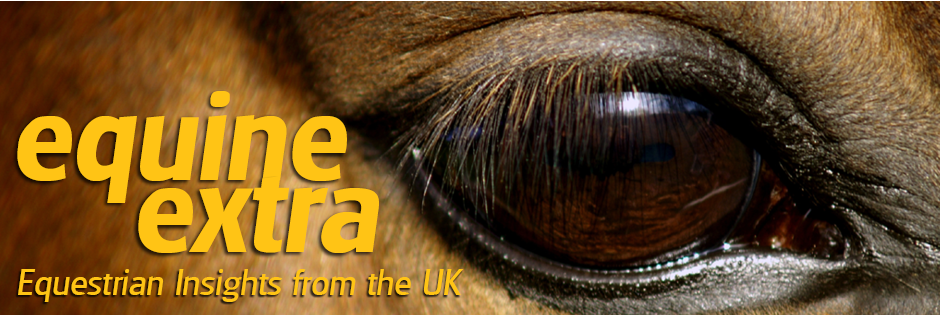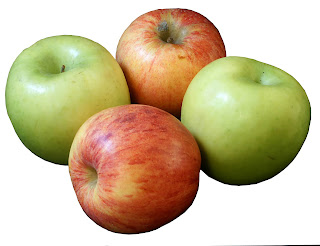If like many people you're finding life a bit more difficult at present and the usual winter struggles of horse ownership seem more of a challenge this year, you're not alone. With the new spring season just around the corner, there is much uncertainty about how - and even if - training and competitions will resume any time soon, so to help you maintain that all-important positive mindset, we've put together 5 top tips taken from the science of positive psychology by Doctor Andy Cope. These New Season EVOLUTIONS will help make 2021 your happiest year ever!
First, a bit about Andy – the Doctor of Happiness
Dr Andy Cope has been immersed in the science of wellbeing for 15 years. His Loughborough PhD qualifies him as the UK’s first 'doctor of happiness'. Andy has written several best-selling books on happiness and wellbeing and has a new book, ‘The Happiness Revolution’ due for publication this year.
Andy is a sought after media commentator, knowledgeable and ‘real’, as well as having a quirky and entertaining take on matters concerning happiness, wellness, self-care, mental health and resilience.
In 2020 he appeared on BBC 5-Live, BBC Radio 1, SKY News and a host of regional and international news platforms.
A New Season EVOLUTION
2020 was a year that will be remembered for all the wrong reasons.
It’s time to turn the tables and let the good times roll. In 2021, Equine Extra is joining the 'Doctor of Happiness' in asking you to get involved in a happiness evolution that raises the bar from mental health to mental wealth. Don’t fret though; this evolution doesn't require placards, pitchforks or toppling of statues. Quite simply, Andy suggests you just need to sign up to being your best self. Consistently. And while that might not change THE world, it’ll certainly shape yours.
2021 signals a brand new beginning and the objective is to say; Welcome home. Welcome back to your best self.
So here are those 5 top tips taken from the science of positive psychology. The New Season EVOLUTIONS will help make 2021 your happiest year ever:
1. Quit your ‘wait problem’
Too many people are kicking happiness into the long grass; I’ll be happy when Covid19 goes away, I’ll be happy at Easter, I’ll be happy in the summer, I’ll be happy when we get back to ‘normal’…
We’re experiencing a massive ‘wait problem’. Getting stuck in the rut of wishing your life away is a terrible waste of your days. Quit waiting for happiness. If there’s anything good to come out of 2020 it’s a reminder that being alive is the best thing ever.
2. The year of hugging
When restrictions are lifted, treat your loved ones to extended hugs. For the love to transfer between two people a hug needs to last 7 seconds or longer (be warned though, counting out loud spoils the effect).
3. Wield your kindness super-power
2020 had its troubles but it also brought out plenty of full fat human kindness. Here are the 5 levels of kindness. Aim for mastery in 2021.
a) Kindness to yourself (self-care)
b) Kindness for no reason (be a bucket filler)
c) Random acts of kindness (5 a day)
d) Anonymous random acts of kindness (niceness ninja)
e) Be kind to the unkind (niceness grand master)
4. Do less. Be more.
Commit to being less busy. Invest in relationships. Be fully present with the people you love - and that includes your horses and ponies, dogs, cats and all other living beings sharing your life.
5. Create a ripple
Appreciate that your happiness is bigger than you. It has a ripple effect and [positively] infects those around you. A happy friend will make you 14% happier. A happy sibling will increase your happiness by 17%. A happy neighbour raises your happiness by a whopping 34%. So quit waiting for someone else to start the happiness revolution. Step up! Be that friend. Be that brother/sister. Be that neighbour.


